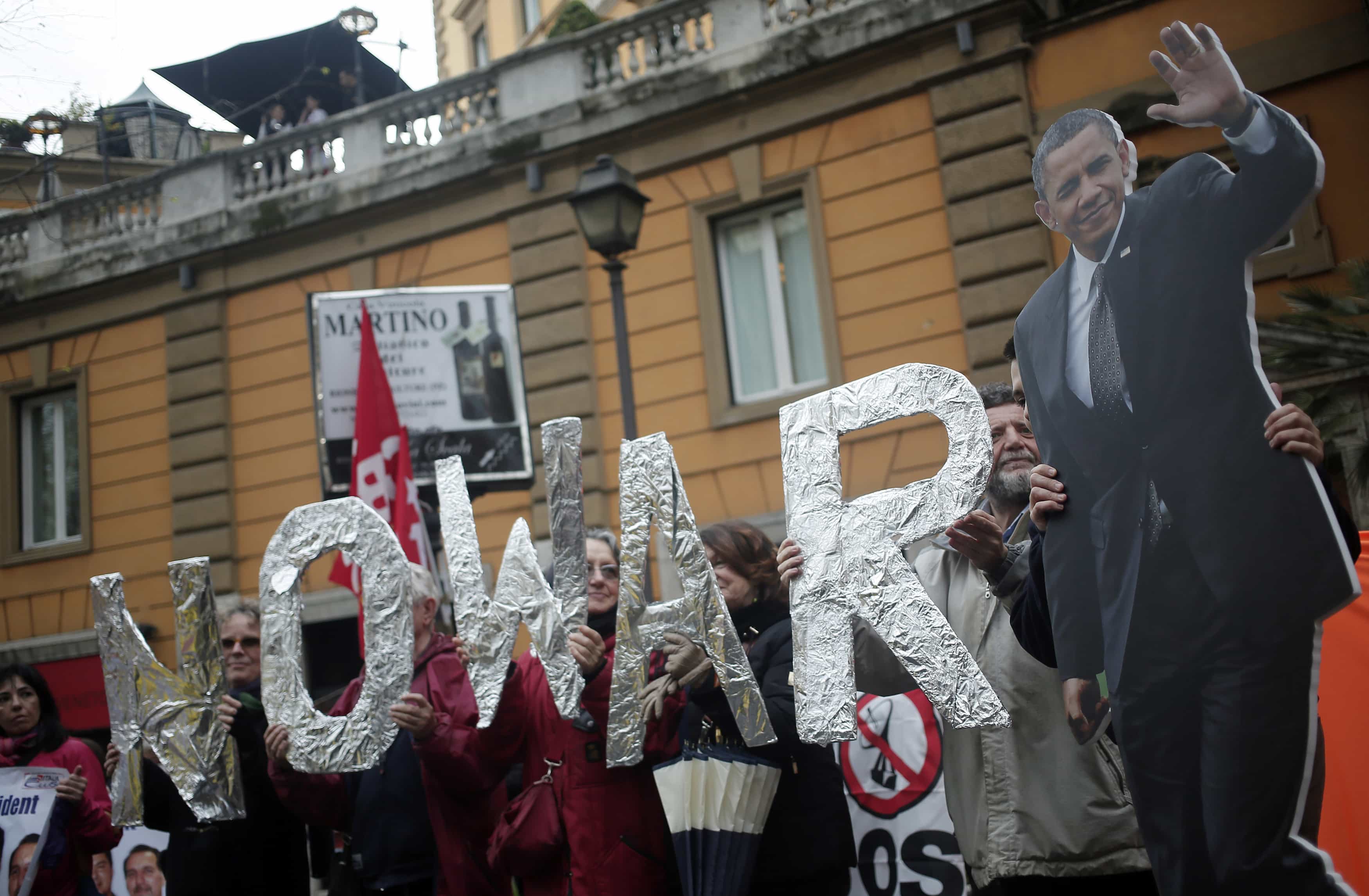ARTICLE 19 together with 15 other leading international human rights organisations has called on Member States of the UN Human Rights Council to reject amendments, proposed by South Africa and a group of "like minded States", to weaken a resolution on promoting and protecting human rights in the context of peaceful protest.
ARTICLE 19 together with 15 other leading international human rights organisations has called on Member States of the Human Rights Council to reject amendments, proposed by South Africa and a group of “like minded States”, to weaken a resolution on promoting and protecting human rights in the context of peaceful protest.
The resolution on the promotion and protection of human rights in the context of peaceful protest is of vital importance given the ongoing incidence of multiple violations still committed in the context of protests. Crucially, it calls upon States, inter alia, to:
– Pay particular attention to the safety of journalists and media workers covering peaceful protests, taking into account their specific role, exposure and vulnerability;
– Avoid using force during peaceful protests, and to ensure that, where force is absolutely necessary, no one is subject to excessive or indiscriminate force, and that any death or significant injury is investigated;
– Recognize the important role played by Internet users and human rights defenders in documenting human rights violations or abuses committed in the context of peaceful protest.
The amendments proposed by the likeminded group of States seeks to water down the focus the resolution places on State responsibility for protecting and promoting human rights in the context of protests.
The likeminded group of States is constituted by an alliance of Algeria, Bahrain, Belarus, China, Cuba, Egypt, Ethiopia, India, the Russian Federation, Saudi Arabia, South Africa, United Arab Emirates and Venezuela.
The amendments proposed by these States would have the effect of:
– Omitting the request to clear and concrete parameters for States to facilitate and protect peaceful protests, in collaboration with experts already mandated by the Council;
– Would add a reference to the UN General Assembly Declaration on Principles of International Law concerning Friendly Relations and Co-operation among States, whose provisions are not clearly related to the protection of protesters’ human rights;
– Propose language regarding the possible threat of protests to the stability of the State, which is both inconsistent with existing international human rights law and open to subjective interpretation, therefore undermining the protection of protesters’ human rights. The proposed amendment, which also refers to national security, is furthermore unnecessary given that possible restrictions to protests, in line with international law, are already referred to earlier in the resolution.
– Propose additional language on the responsibilities of protesters, which are worded to deflect from the responsibility of States to protect individuals from human rights violations in the context of protests;
– Suggest language that confuses the message that international human rights standards ought to underpin national legislation and policies, including those regarding the management of protests.
The proposed amendments run counter to the spirit and purpose of the resolution. The fact that they are supported by States, some of whom have recent histories of human rights violations in the context of protests, only serves to further our consternation that their inclusion would weaken the resolution’s effectiveness.
It is crucial that all Member States of the Human Rights Council oppose any of these amendments that come to a vote during the closing two days of the 25th Session.



